Joe Biden Was Much More Than a Cheerleader for the Iraq War
He helped George W. Bush convince Americans to enter a dangerous and endless conflict.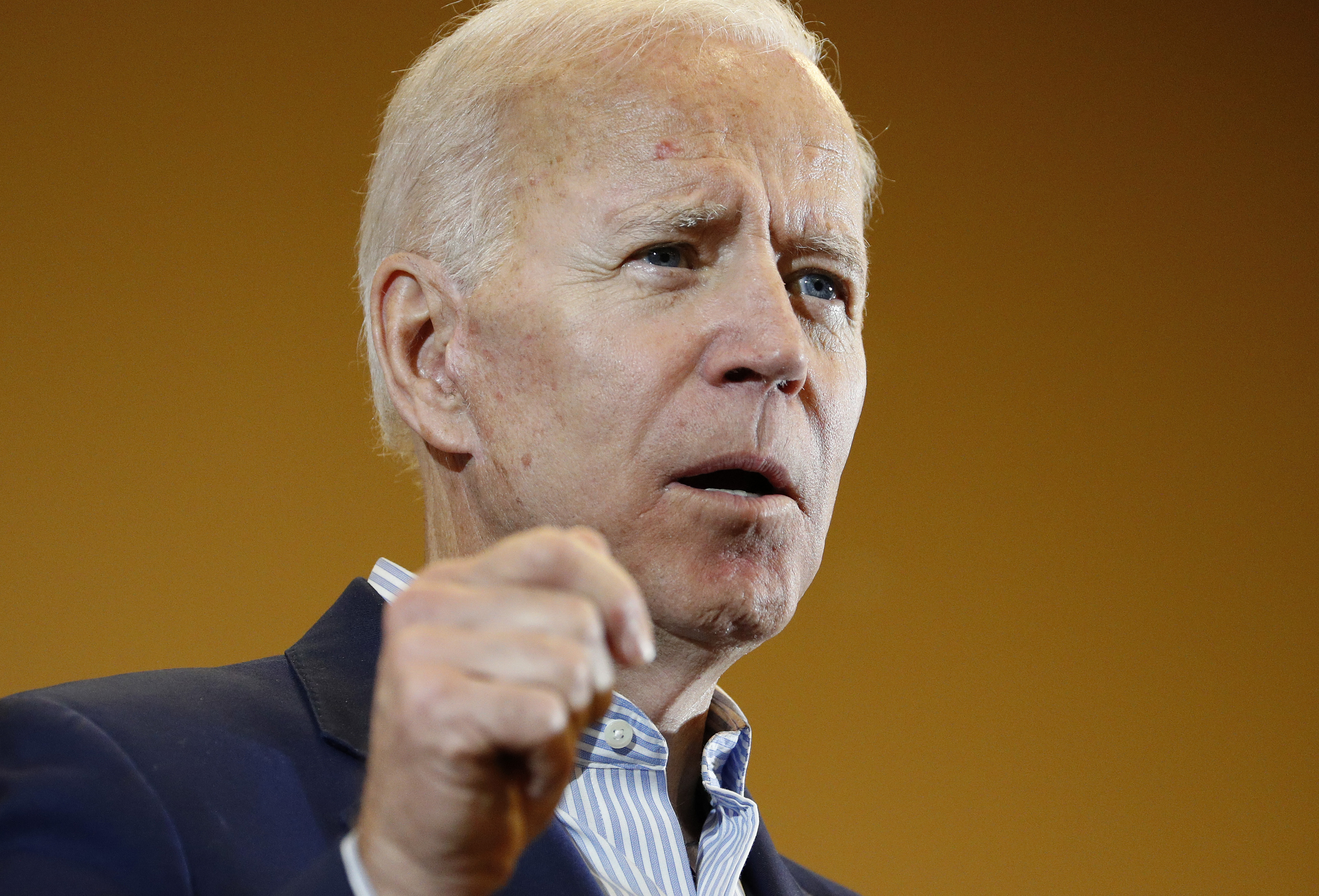 Former Vice President and Democratic presidential candidate Joe Biden. (John Locher / AP)
Former Vice President and Democratic presidential candidate Joe Biden. (John Locher / AP)
During the 2008 presidential primary debates, Barack Obama reminded Americans that unlike Hillary Clinton, he did not support the war in Iraq. As Politico wrote at the time, Obama implied that Clinton’s yes vote showed “bad judgement.” Eight years later, Donald Trump used Clinton’s Iraq War vote against her multiple times, including in the third presidential debate. Whether or not he lied about his own contradictory record on the war was beside the point. Twice, a yes vote for an unpopular war proved to be a liability for the candidate who cast it.
The Iraq war continues to be an issue in the lead-up to the 2020 election. Joe Biden may now be the Democratic frontrunner for the presidential nomination, but as Branko Marcetic writes in In These Times, Biden’s “2002 vote in favor of the Iraq War leaves him with a particularly glaring vulnerability.”
In fact, Marcetic continues, “as an experienced and respected voice on foreign policy, a powerful Democrat, and someone widely perceived as a dove due to his opposition to the Vietnam War, Biden’s backing of regime change in Iraq was crucial to Bush’s effort of selling the public on the war.”
Currently, Biden continues to enjoy a comfortable lead in public opinion polls pitting him against both fellow Democrats and President Trump. In a July Washington Post-ABC News poll, which presented respondents with a hypothetical match-up against Donald Trump, Biden was favored 53% to the president’s 43%. This lead, however, is not consistent among all age groups, and may not survive closer scrutiny of Biden’s foreign policy.
A May poll from Politico and Morning Consult showed that 42% of respondents ages 18 to 29 say Biden’s record on Iraq makes them less likely to vote for him. The poll revealed that Democratic voters overall were more upset by the Iraq issue than any other issue that has plagued Biden on the campaign trail, including, Politico points out, the 1994 crime bill and Biden’s votes in favor of the North American Free Trade Agreement and the Trans-Pacific Partnership.
Marcetic’s detailed analysis of Biden’s record reveals that he, unlike Clinton, not only voted for the war, but “was a leading Democratic voice in its favor, and played an important role in persuading the public of its necessity and, more broadly, laying the groundwork for Bush’s invasion.”
Biden wasn’t always a hawk on foreign policy. Marcetic points out that he was against the Vietnam War as well as the first Gulf War.
Then came the 9/11 attacks, unfavorable coverage from home state newspapers in Delaware, and seemingly, a change of heart. Marcetic writes that Biden, who was the chair of the Senate Foreign Relations Committee, “quickly became a close ally of the Bush administration in its prosecution of that war.” The connection went even further, Marcetic writes, adding that “The White House installed a special secure phone line to Biden’s home, and he and three other members of Congress met privately with Bush in October 2001 to come up with a positive public relations message for the war in Afghanistan.”
Biden would soon do the same for Iraq, in a balancing act that Marcetic calls “well-calibrated for the political climate.” Marcetic elaborates:
Biden could continue to point to disagreements with the administration for liberal audiences, even if they were merely procedural, while putting his weight behind the ultimate goal of war with Iraq. At the same time, Biden’s apparent criticisms doubled as advice for the administration: If you want buy-in from liberals for your war, this is what you’ll have to do.
The war could get that buy-in only if, according to Biden, “the president can make the case that we’re about to be attacked,” and that there was “a clear and present danger” from Saddam Hussein that would justify a preemptive attack on Iraq.
Marcetic argues that those themes, combined with Biden’s standing as the powerful Foreign Relations Committee chair, show that Biden didn’t simply vote for the Iraq War, but, “as an experienced and respected voice on foreign policy, a powerful Democrat … Biden’s backing of regime change in Iraq was crucial to Bush’s effort of selling the public on the war.”
In 2008, as Matt Yglesias writes in Vox, “Democrats responded to the evident unpopularity and failure of the 2003 war in Iraq in the sensible way — by nominating someone who’d spoken out against the war when he had a chance.” Clinton’s yes vote became a liability in 2016. As both Marcetic and Yglesias argue, the Democratic Party needs to consider whether they’re willing to risk a candidate who did so again.
Your support matters…Independent journalism is under threat and overshadowed by heavily funded mainstream media.
You can help level the playing field. Become a member.
Your tax-deductible contribution keeps us digging beneath the headlines to give you thought-provoking, investigative reporting and analysis that unearths what's really happening- without compromise.
Give today to support our courageous, independent journalists.

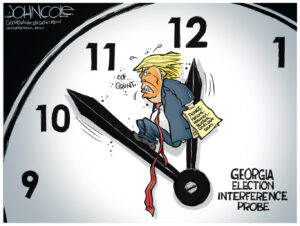

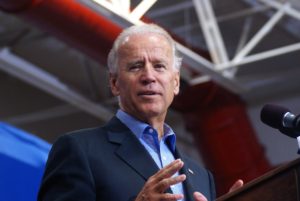
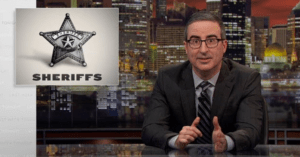
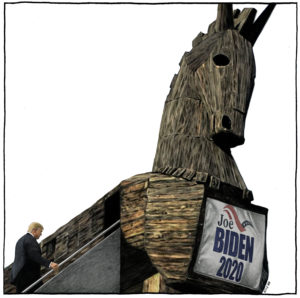


You need to be a supporter to comment.
There are currently no responses to this article.
Be the first to respond.